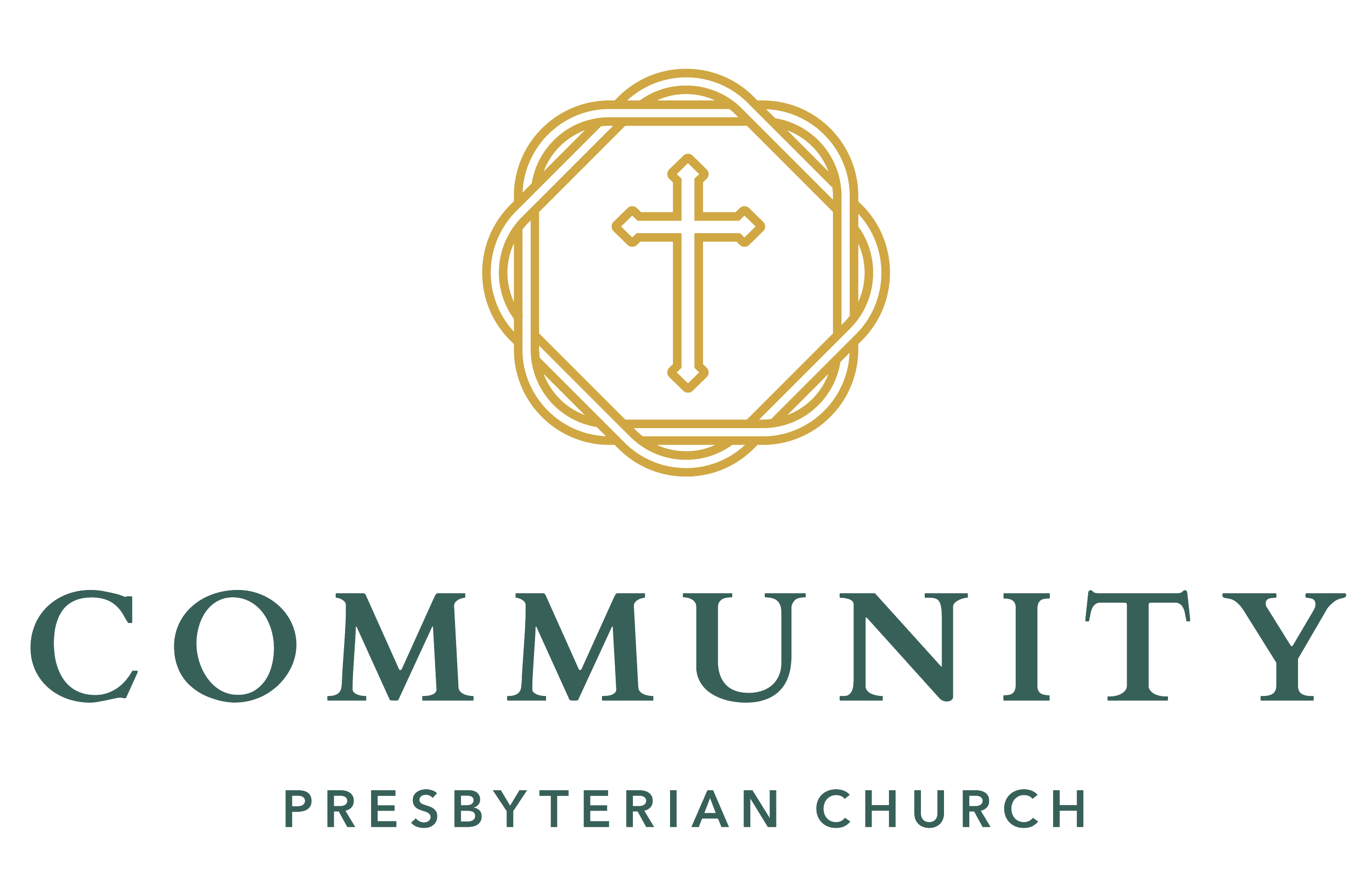The Lord's Prayer and Worship
As we look to incorporate the Lord’s Prayer into the liturgies of our morning worship, we ask “why?" At least, I hope you would ask that! As we have been going through the shape and substance of worship in our Sunday school class, I hope you are thinking critically about every aspect of what goes on in worship. So even with something as “safe” as the Lord’s Prayer, we need to think, “Can we do this?” And if so, “Why should we do it?” We know prayer is a “must” of worship (remember our elements and circumstances distinction)—but what about using this particular prayer in a service? The following are just 3 reasons for why we will be including this in our services.
- Jesus told us to use it. Jesus, in instructing his disciples on the basics of prayer, uses the imperative and tells them to “Pray in this manner!” (Matthew 6:9), going on to then give what we know as the Lord’s Prayer. This has been taken to mean—and rightly so—that the Lord’s Prayer should be used as a sort of template for prayer, that we are to pray like this. This is true. But in Luke’s account Jesus’ words are slightly different: “When you pray, say this….” (11:2). This shows us that the Lord’s Prayer is not just a guiding principle, but rather a model prayer which should be constantly used. We can be so easily distracted and misguided in our prayers, what better way to protect against this than by using words Jesus Himself composed for our communication with the Father! As John Calvin noted, “we know we are requesting nothing absurd, nothing strange or unseemly – in short, nothing unacceptable to him – since we are asking in his own words.”
- The church has historically used this prayer. The tradition of reciting the Lord’s Prayer in worship goes back before the Reformation the whole way to the ancient church fathers. The Didache, a guide to Christian life and worship dating back to (at least) the second century, instructed that this prayer be used three times a day! The use of the prayer was a staple in the medieval church and the Reformers maintained that (after all, they were only ridding the church of idolatrous worship—they kept in the biblical parts!). The liturgies drafted by Protestant Reformers included the Lord’s Prayer as an ordinary part of weekly worship. In our own direct church family line, the Westminster Assembly’s The Directory for the Publick Worship of God (1645) sugggests the corporate use of this prayer in service: “And because the prayer which Christ taught his disciples is not only a pattern of prayer, but itself a most comprehensive prayer, we recommend it also to be used in the prayers of the church.”
- It’s a tool for catechesis. If you look at most Reformed catechisms (like the Heidelberg and our own Westminster Larger and Shorter) there is included an exposition of the Lord’s Prayer. Why? Because the theologians who made up these catechisms recognized that learning this prayer was a great tool in teaching doctrine. Think about this in terms of our children in worship. Admittedly, there will be elements of the service that they will not fully comprehend or be able to participate in. They may not be able to read along with the scripture text completely, or pay attention during the entire sermon (who can?), or sing the words to all the hymns. But they certainly learn well by imitation and repetition. By including certain forms on a weekly basis, our children will pick them up in no time and be able to participate in these areas of worship. This is one reason why it is so crucial to regularly include things like the Lord’s Prayer, the Ten Commandments, the Apostles’ Creed, the Doxology, the Gloria Patri, etc. But not only do they learn the words to these forms, they will soon learn their meanings. There is great theology about our great God behind the brief stanzas of the Lord’s Prayer. By providing an opportunity for that to seep into our children’s minds, we provide one more way for them to learn about their Heavenly Father’s power, provision, and protection—and thus the need to pray to Him often.
